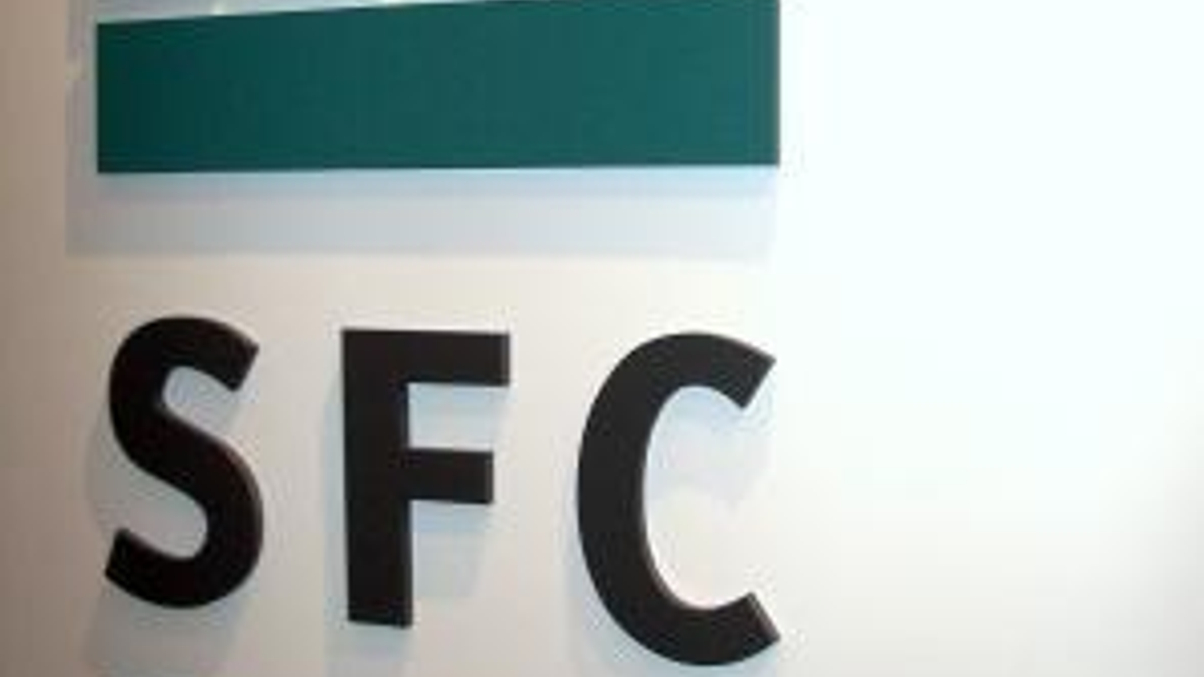Mainland link will boost HK as fund centre, says SFC
Hong Kong's securities regulator sees mutual recognition as a way of increasing the number of funds domiciled in the city and raising its profile as a regional centre. It also aims to attract more investment to the city.

The upcoming mutual fund recognition will help to boost Hong Kong’s position as a regional fund centre, the city’s securities regulator has said.
Sign in to read on!
Registered users get 2 free articles in 30 days.
Subscribers have full unlimited access to AsianInvestor
Not signed up? New users get 2 free articles per month, plus a 7-day unlimited free trial.
¬ Haymarket Media Limited. All rights reserved.


